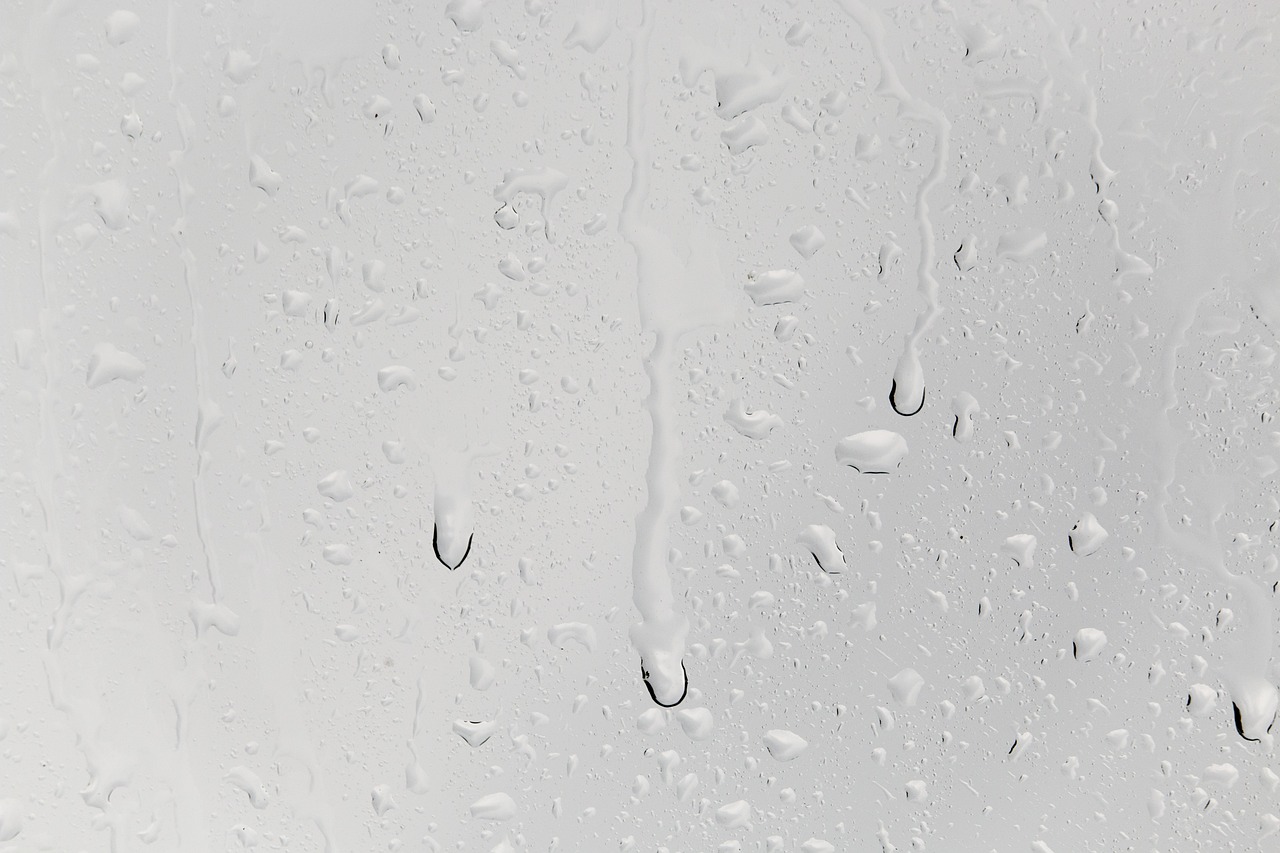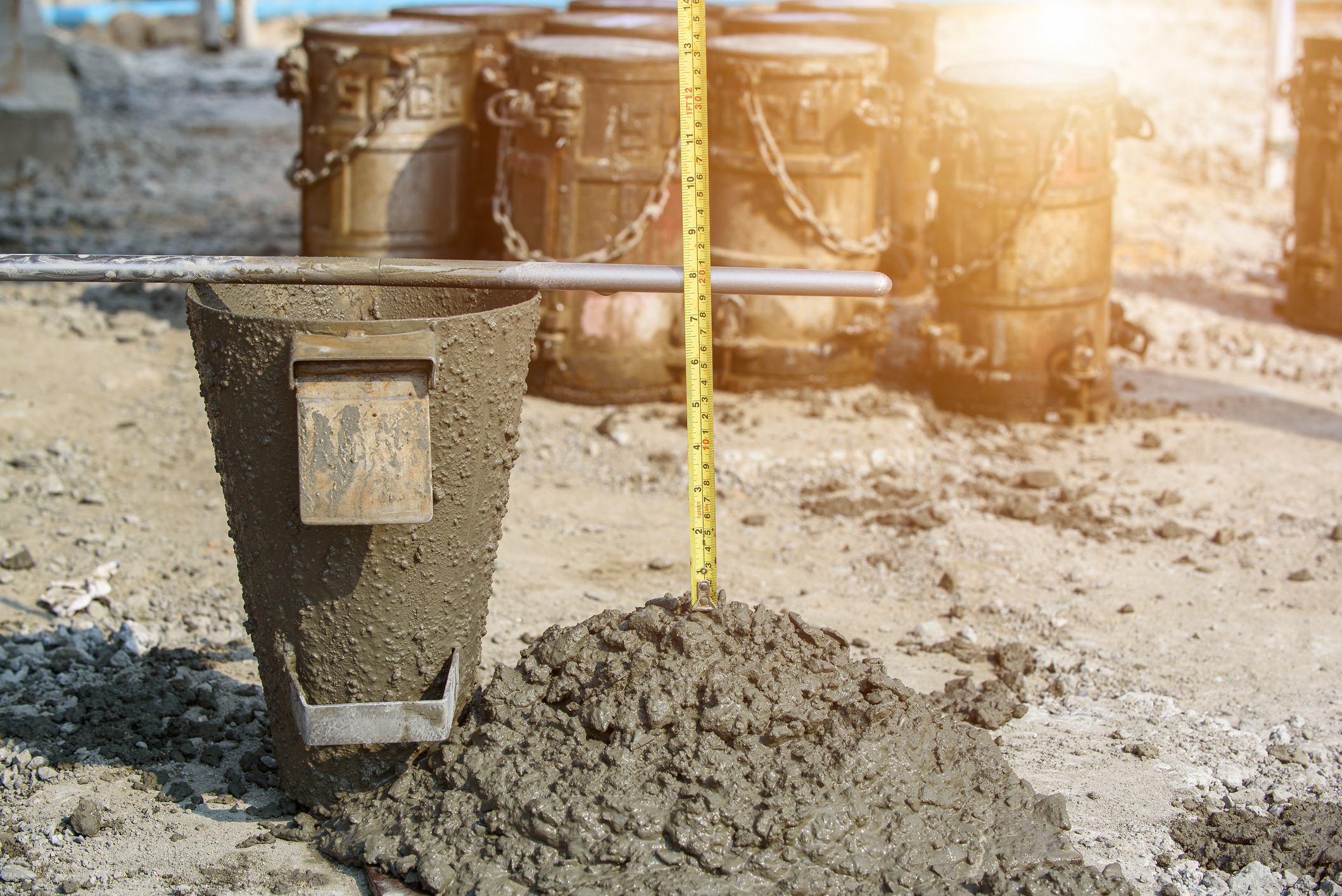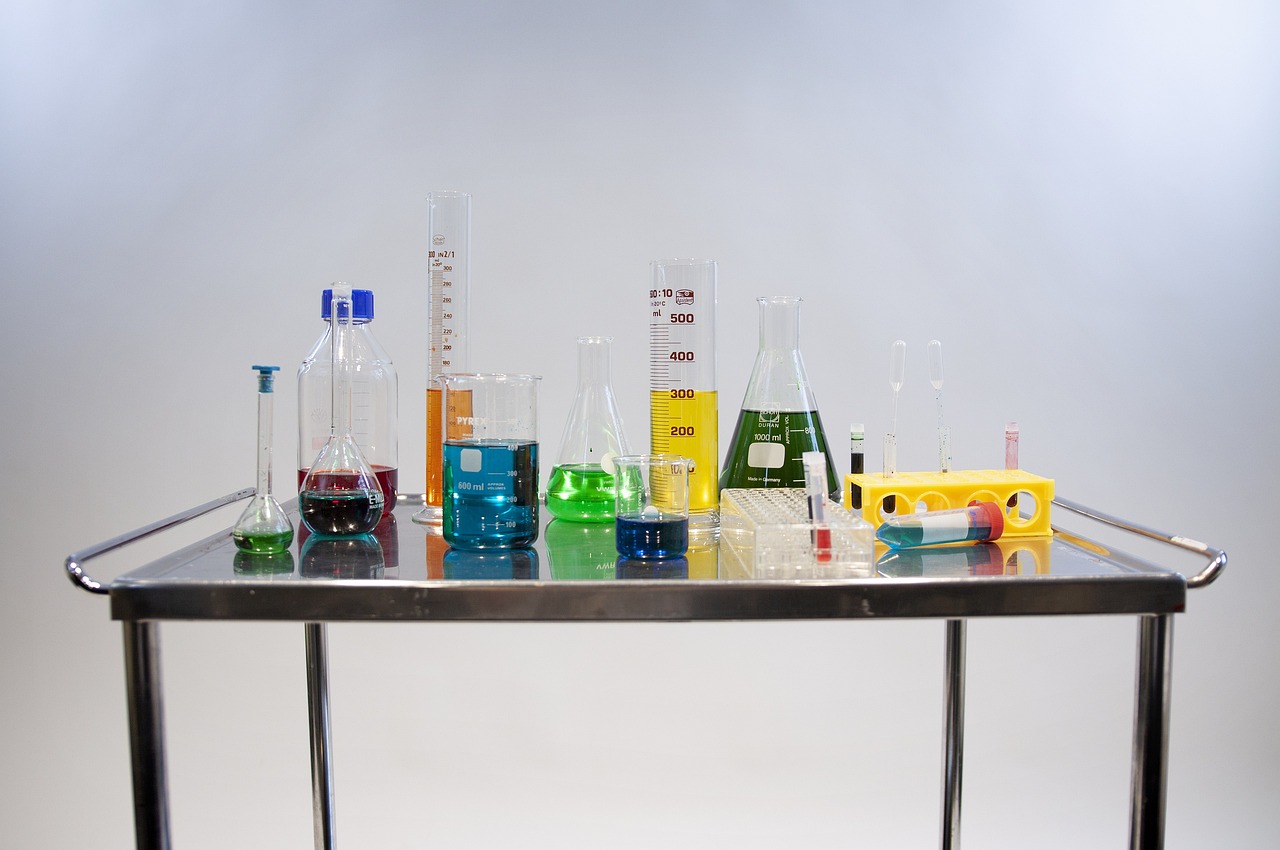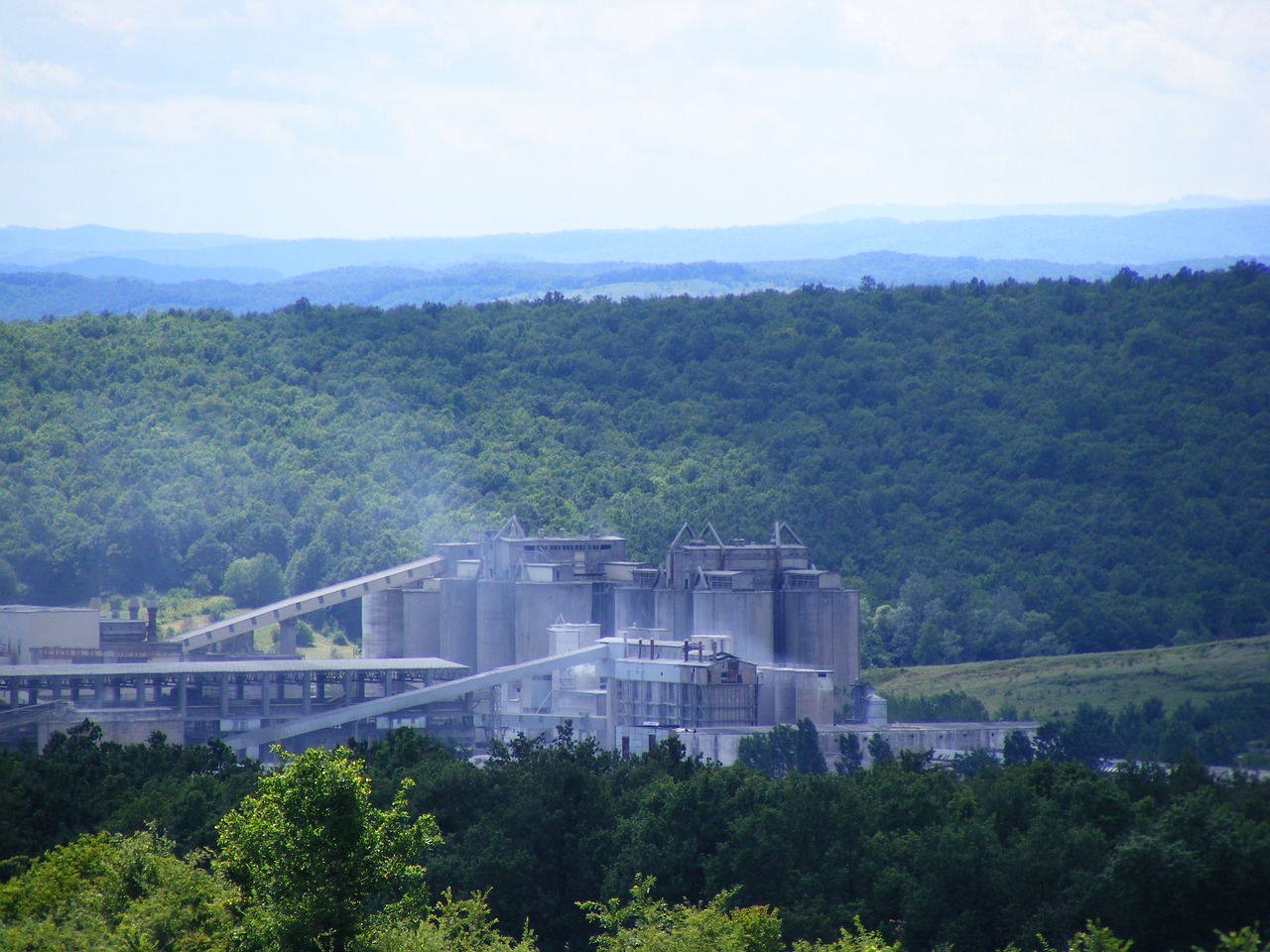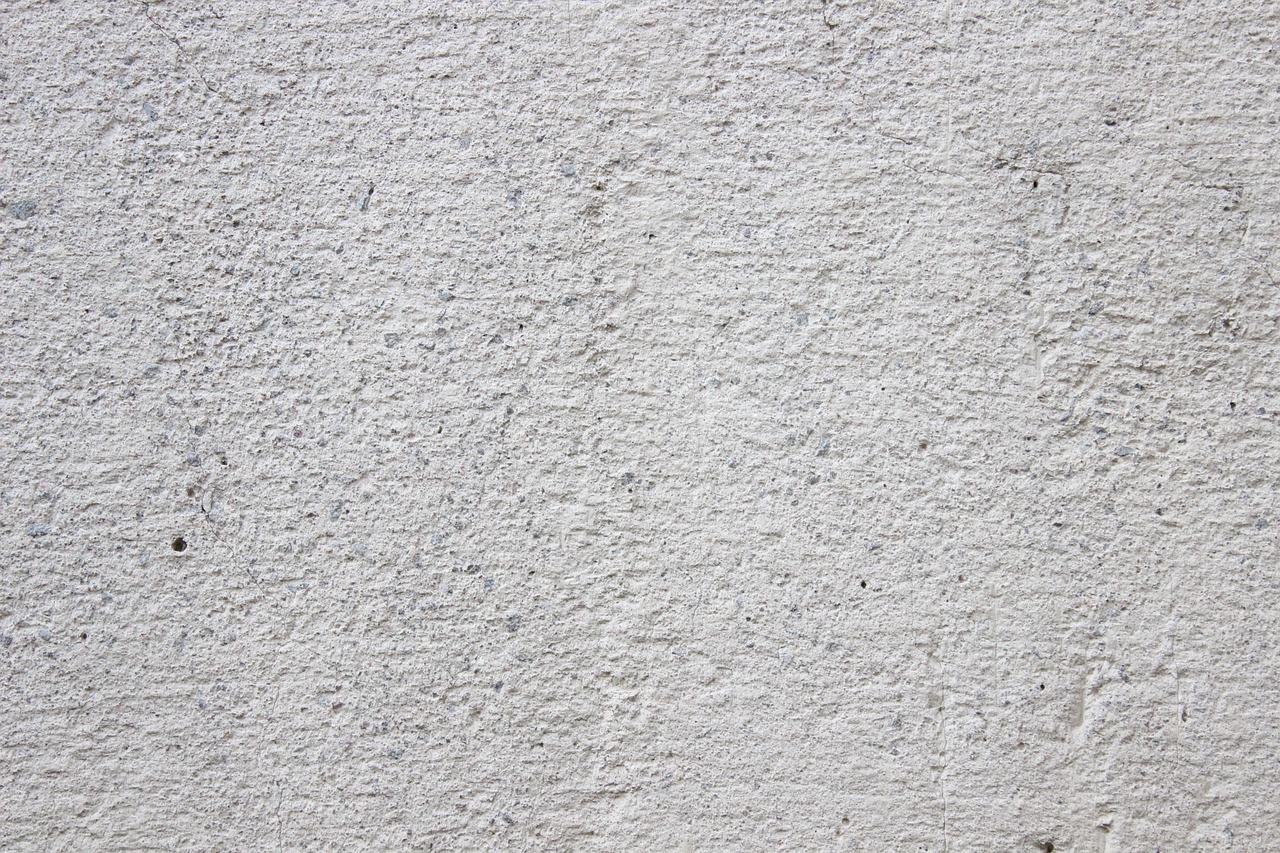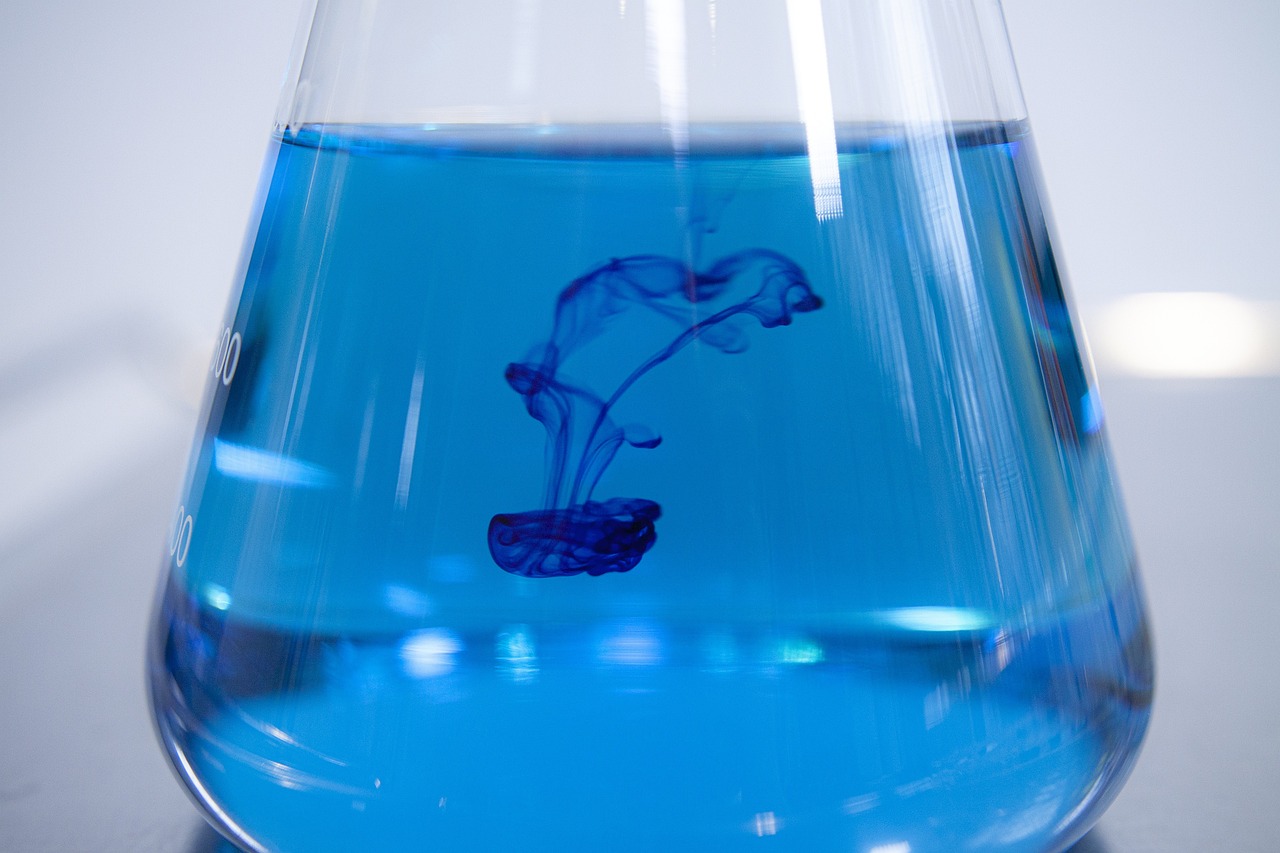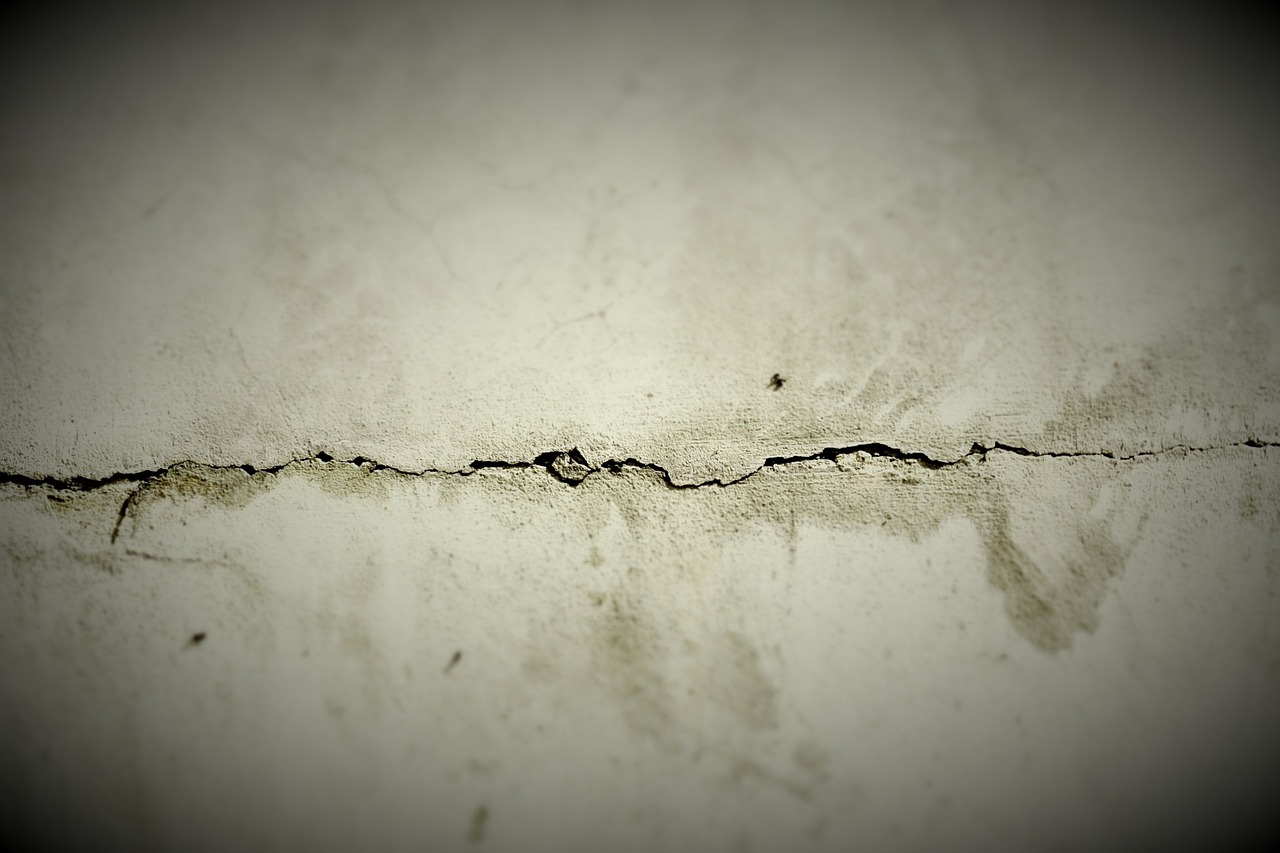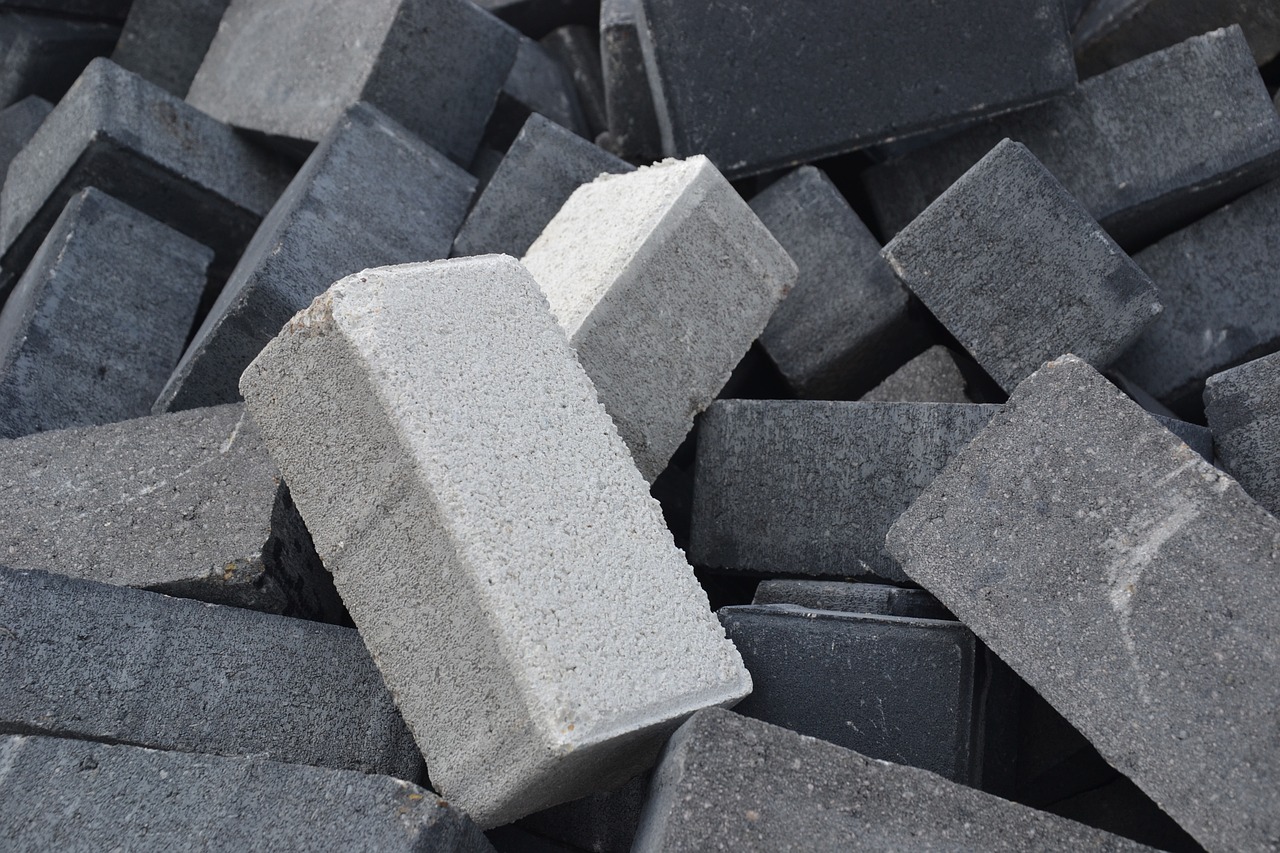Creating Durable Waterproof Concrete
Producing waterproofing concrete Concrete, by its very nature, is a porous material. While its durability and strength have made it the cornerstone of modern construction, porosity is one of its inherent weaknesses. When water infiltrates the concrete matrix, it carries dissolved salts and chemicals, which can cause deterioration and reduce the structure’s service life. The … Read more

